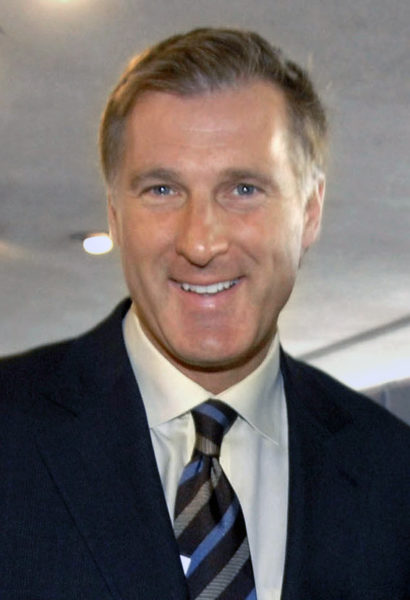Matt Gurney looks at the federal Conservatives’ efforts in the September election and tries to assess how much the rise of the People’s Party of Canada impacted Conservative fortunes:
O’Toole planned to shift the CPC slightly toward the moderate centre on the assumption that the party’s traditionally lopsided wins in western Canada meant that it could lose a little on the right to flip some close seats in the east. This didn’t work. The Tories did shed support on the right, which might explain some measure of the PPC’s rise, but the CPC didn’t make up enough ground in eastern ridings to flip seats.
However, the election-night results are somewhat deceiving. O’Toole’s strategy was more effective than the final outcome suggests. In Ontario, in particular, the Conservatives materially cut into the Liberals’ advantage in the popular vote, effectively halving it, relative to 2019. This meant that the Liberals were extremely reliant on vote efficiency: a one-per cent swing of voters from the LPC to the CPC could have flipped dozens of seats, setting up a scenario where O’Toole could have been prime minister today. (These flips would not have come from the Greater Toronto Area, interestingly, where the Liberals continue to run up some lopsided victories of their own, but from other parts of Ontario and random seats all across the country. The election was closer than people realize.)
But back to the PPC. Did giving them room to grow on the right end up costing the CPC seats? If so, while that wouldn’t necessarily discredit the notion of moving the CPC toward the centre, it absolutely complicates it. If the Conservatives can’t take their right flank for granted, their lives get a lot more difficult. In a recent feature in the Toronto Star, Althia Raj, who apparently spoke to every insider on the planet, wrote that a preliminary Conservative estimate is that the PPC rise cost them between four and nine seats.
That sounds about right, and it doesn’t sound like much. Indeed, if anything, there’s reason to believe that that is overly generous to the PPC.
[…]
In aggregate terms, the author found that while you could conclude that a handful of ridings were possibly but not certainly lost due to a PPC surge, you couldn’t definitively conclude that any were lost because the Conservatives gave up ground on the right. This gets us to the low-end figure cited by Raj, but looking at this report, I don’t know where the rest could possibly have come from.
Every additional seat would have been good news for O’Toole. And the rise in the PPC vote share is worth studying on its own merits — The Line continues to work with John Wright to firm up our understanding of the PPC, both as a political and social movement.
But as an electoral force that hurt O’Toole in the last election, while we can certainly say it didn’t help, it also didn’t seem to hurt much.
Having met dozens of eager PPC supporters over the last two election campaigns, I have to believe that at most one third of them are former Tory voters … a lot of the people I met were not habitual voters for any party before the PPC came along. At one meeting I attended in 2019, there were more former Libertarian voters than Conservative voters around the table, but neither group was a majority. A lot of them were fans of Maxime Bernier personally — and note that this meeting was literally in the heart of Erin O’Toole’s own riding, a couple of blocks away from his constituency office.




